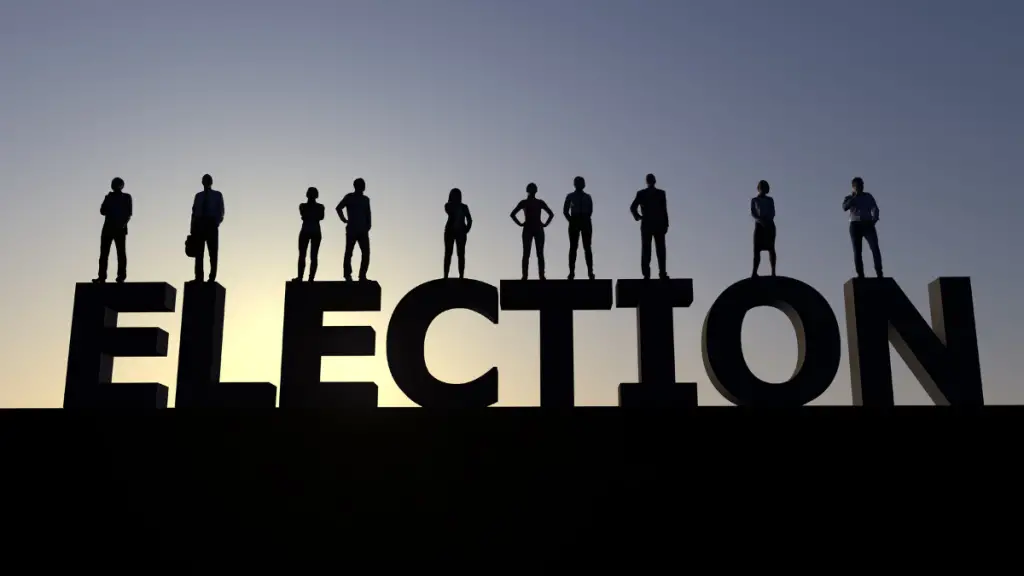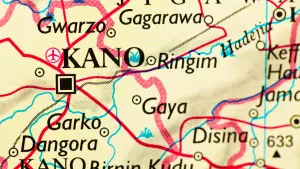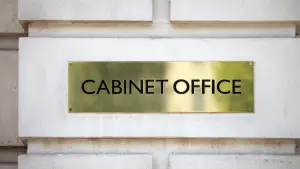Nigeria gained its Independence from colonial rule in 1960, and ever since, there has been a constant power struggle. Post-independence, Elections have often been plagued with vote buying, ballot box snatching, and falsification of results. These acts of electoral misconduct constantly undermine the rule of law and the integrity of Nigeria’s democracy.
Understanding the history of electoral fraud in Nigeria will help in curbing the challenges of building a true democratic system.
Electoral Fraud in Nigeria’s First Republic (1960–1966)
In the First Republic, elections were tainted by widespread electoral fraud, especially during the 1964 general elections and the 1965 western region elections.
In 1964, there was widespread electoral misconduct. There were reports of massive ballot box theft, election rigging and suppression of the opposition party. In some areas, opposition parties were prevented from campaigning and the results were said to be manipulated in favor of the Northern People’s Congress (NPC). This led to a boycott by the United Progressive Grand Alliance (UPGA), worsening the political crisis.
The western region elections were even worse. The NPC-backed Akintola government in the West was accused of falsifying results, leading to the “Wild Wild West” crisis. Political thugs went on a spree, burning ballot boxes and suppressing opposition. These actions escalated to riots and assassinations which in turn set the stage for the military to seize power in 1966.

The Second Republic (1979–1983): Old Habits Die Hard
This election was supposed to be a fresh start after years of Military governance, but old habits had returned. The 1979 presidential election, which brought Shehu Shagari of the National Party of Nigeria (NPN) to power, was already questionable.
Obafemi Awolowo, his closest competitor, challenged the result in court, stating there was result manipulation but the Supreme Court upheld Shagari’s victory under questionable circumstances.
Electoral fraud grew worse with the 1983 election. In a bid to maintain power, the NCN engaged in voter inflation. The election sparked violence, giving room for Major General Muhammadu Buhari to execute a coup citing electoral malpractice as one of the reasons for the coup.
The Third Republic (1993): The Annulled Election
On June 12, 1993, Nigeria experienced what was said to be the Freest and fairest election. Moshood Abiola of the Social Democratic Party (SDP) was on the verge of victory against Bashir Tofa of the National Republican Convention (NRC)when the results were abruptly annulled by General Ibrahim Babangida. Though the election was free and fair, it still was manipulated. Whispers of the possibility of Abiola’s government seizing power from the military elite rang. There was a nationwide protest in Nigeria, and this led to the resignation of Babangida. Ernest Shonekan was installed as the interim president but was overthrown three months later by General Sani Abacha.
The Fourth Republic (1999–Present): Democracy Plagued by Electoral Fraud
This election marked the end of military rule. The 1999 election was won by Chief Olusegun Obasanjo. This election still had the usual rudimentary ballot box snatching and scores manipulation, apparently it had become the norm of the Nigerian democracy.
2007 Elections: Nigeria’s Worst Election Yet
The 2007 elections, which brought to power Umaru Musa Yar’Adua under the People’s Democratic Party (PDP were described as the worst election in Nigeria. Even international observers stated clearly that the electoral process was flawed. There were reports of fake result sheets, missing ballot papers, and underage voting surfaced across the country. There were even instances where results were announced before voting had ended.
Violence erupted in several states, leaving dozens dead. The scale of the fraud was so glaring that Yar’Adua himself admitted the election was flawed and promised reforms. His administration initiated electoral reforms before his death in 2010, but systemic fraud remained deeply rooted in Nigeria’s elections.
2011 Elections: Ethno-Religious Division
The 2011 elections, which saw Goodluck Jonathan of the People’s Democratic Party (PDP) defeat Muhammadu Buhari of the Congress for Progressive Change (CPC)
Was said to be an improvement from the 2007 elections. Though there were whispers of malpractice, the then Independent National Electoral Commission (INEC), in person of Attahiru Jega, introduced the biometric voter registration system to reduce multiple voting.
After Jonathan was declared winner, there was a serious revolt in the North. Northerners took to the streets in a deadly riot that claimed the lives of as many as eight hundred people and displaced over a thousand. This case of violence shows the deep ethno-religious division that influences Nigeria’s elections.
2015 Elections: A Historic Opposition Victory
The 2015 elections marked a turning point in Nigeria’s democracy, as Muhammadu Buhari of the All Progressives Congress (APC) defeated incumbent Goodluck Jonathan of the People’s Democratic Party (PDP). It was the first time in Nigeria’s history that an opposition candidate unseated a sitting president through the ballot box.
Reforms by INEC Chairman Attahiru Jega, including the introduction of permanent voter cards (PVCs) and smart card readers, helped curb some electoral fraud. However, irregularities persisted, including vote buying, underage voting, and result manipulation in some states. Political thugs also disrupted voting in certain regions.
Despite these issues, Jonathan conceded defeat, preventing post-election violence on the scale of 2011. This peaceful transition of power was widely praised, signaling a growing democratic maturity.
2023 Elections: A Contested Outcome Amidst Low Turnout
The 2023 elections, which brought Bola Ahmed Tinubu of the All Progressives Congress (APC) to power, were among Nigeria’s most contested. With only 26.71% voter turnout, it was the lowest in Nigeria’s history. Many blamed electoral violence, logistical failures, and voter intimidation for discouraging participation.
Despite INEC’s introduction of the Bimodal Voter Accreditation System (BVAS), issues like delays in result transmission, vote suppression, and ballot box snatching marred the process. Opposition candidates Atiku Abubakar (PDP) and Peter Obi (Labour Party) rejected the results, alleging massive rigging. Their court challenges were dismissed, leading to Tinubu’s inauguration.
The election raised serious concerns about Nigeria’s electoral credibility, as many believed democracy was undermined. Calls for electoral reforms intensified, with Nigerians demanding a system that guarantees free, fair, and transparent elections in the future.
The Future of Elections in Nigeria
Electoral fraud in Nigeria remains a major obstacle to democratic growth. While reforms like electronic voting and BVAS have been introduced, political elites continue to exploit loopholes. A truly democratic Nigeria requires:
- Stronger electoral laws and enforcement.
- Independent and impartial election bodies.
- Civic engagement to hold leaders accountable.
Until these issues are addressed, Nigeria’s elections will continue to be undermined by fraud, denying citizens the power to choose their leaders freely.





